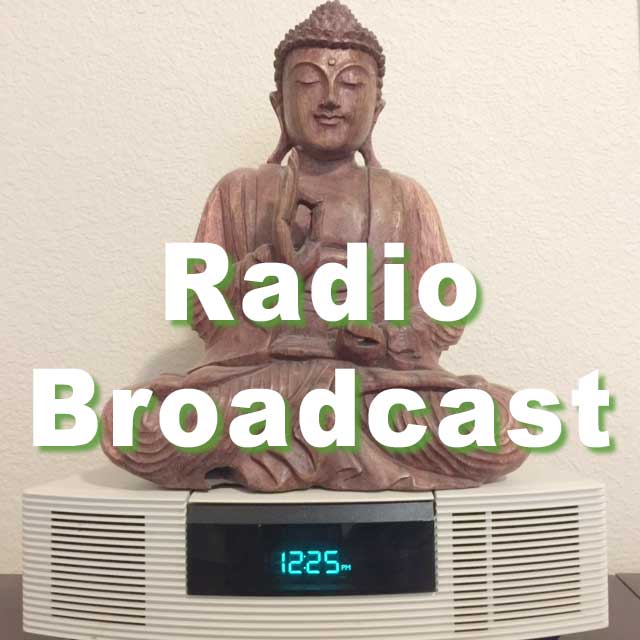Please take time this morning to read, “What is Forgiveness,” to contemplate Lesson 228, and to spend time in meditation. If you have 40-minutes for meditation and would like a gentle audio to guide you, I recommend this meditation for today:
God has condemned me not. No more do I.
You are not what you think you are. What you are is so much grander than that which can be conceived by the human mind. Just as you cannot cling to one rung of a ladder and move up the ladder, you must let go of the conception of yourself as a separate identity in order to learn the truth of your being.
You can readily see how you identify yourself by making a list of “your” attributes. It might look something like this:
I am young (or I am old).
I am smart (or I am not very bright).
I am attractive/not attractive.
I am frugal/a spendthrift.
I am punctual/always late.
I am kind/mean.
I am spiritual/fun at parties.
Just looking at the list reveals the triviality with which we regard ourselves. If we knew ourselves as the great truth, the insignificance of these little conceptions would be especially apparent.
We talk often about how our true nature is changeless and eternal. Look at the list you have compiled and ask yourself whether the characteristics of truth can be found within it. Are any of the items on your list subject to change or extinction?
Don’t you find that the things on your lists all have opposites? Indeed, haven’t you ever felt you were just the opposite of the attribute you give to yourself at this time? That is, if you believe you are attractive, wasn’t there a time when you felt unattractive? If you believe yourself to be smart, wasn’t there a time when you felt like you weren’t very bright? In fact, isn’t it your experience of feeling the opposite at one time or another that leads you to choose the attributes you now use to describe yourself? Said another way, how can you know you are smart (or why would you identify with being “smart”) if you never felt not so bright? How can you know you are attractive or why would you identify with “attractive,” if there was never a time when you felt unattractive?
Regardless of whether you identify with “good” attributes or “bad” attributes, can you see that the tendency to identify with any attribute distracts from discovering the truth of what you really are?
Today, look to see where/when you identify with a particular attribute and ask yourself why it is important to you to be perceived in this way? Ask yourself whether you are willing to be perceived in the opposite way? If not, why not?
By learning to see our self describing attributes as mere preferences as to how we like to think of ourselves or how we would like to be seen by others rather than facts, we begin the process of letting go of the idea of ourselves as persons or body-mind-personalities and we make room for true Self inquiry.
Today, make room for the understanding that “my mistakes about myself are dreams. I let them go today. And I stand ready to receive Your Word alone for what I really am.”



